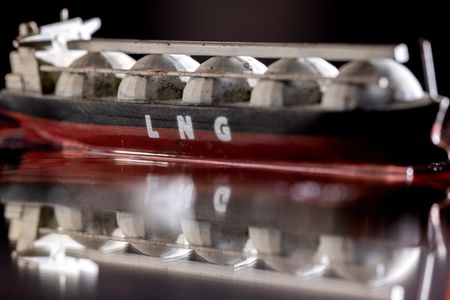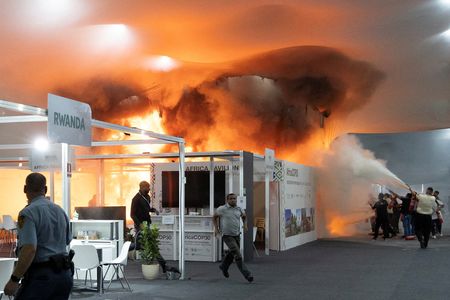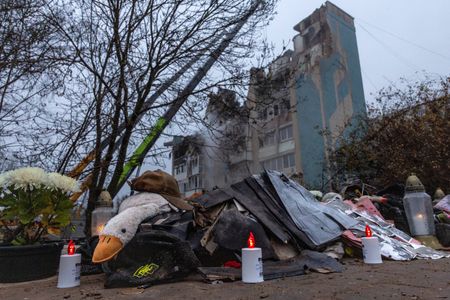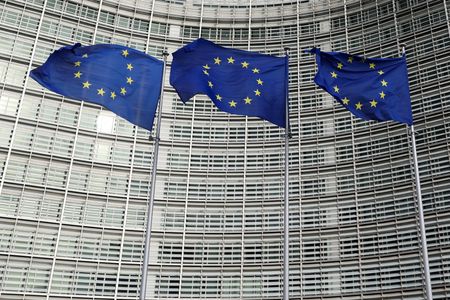By Daria Sito-Sucic
SARAJEVO (Reuters) -U.S. and Bosnian officials have discussed ways to speed up a long-delayed project to build a natural gas pipeline with Croatia that is seen as an alternative to Russian gas, the U.S. Embassy in Sarajevo said in a statement on X on Thursday.
The officials also agreed in principle that U.S. partners would lead the project, the statement said.
The project to build the South Interconnection gas pipeline, bringing natural gas to Bosnia from a liquefied natural gas terminal on the Croatian island of Krk, was approved three years ago in the lower house of the Bosniak-Croat Federation parliament but has been blocked by a Croat caucus in the upper house.
The Federation is one of two autonomous regions making up postwar Bosnia and Herzegovina (BiH). The other region is the Serb Republic.
The Croat faction in parliament’s upper house, or the House of Peoples, has made its approval of the project conditional on the establishment of a new transmission system operator that would be based in the Croat-dominated part of Bosnia despite the existence of such an operator, the BH Gas company, in Sarajevo.
But on Thursday, the leaders of five biggest political parties in the Federation, including the Croat ones, agreed unanimously on the need to pursue the project as fast as possible during a discussion with U.S. Embassy Charge d’Affaires John Ginkel, the embassy said.
Ginkel presented them with a possibility for an American company to develop, build, and manage the pipeline. The participants agreed in principle to this proposal and committed to further, more detailed discussions.
“American private-sector investors can ensure that construction of the Southern Interconnection will move quickly and will help secure affordable and reliable U.S. liquefied natural gas to strengthen BiH’s energy security,” the embassy said.
On Wednesday, U.S. Energy Secretary Chris Wright said on X that continued investment in modern infrastructure, including the Southern Interconnection, is essential to long-term energy security, delivering U.S. LNG from Croatia to Bosnia and ending dependence on Russian gas.
Bosnia has no gas reserves but uses natural gas for up to 8% of its energy use, with its capital Sarajevo being the largest consumer. It relies solely on Russian gas supplies which it gets via Serbia through the TurkStream pipeline.
(Reporting by Daria Sito-Sucic; Editing by Nia Williams)










